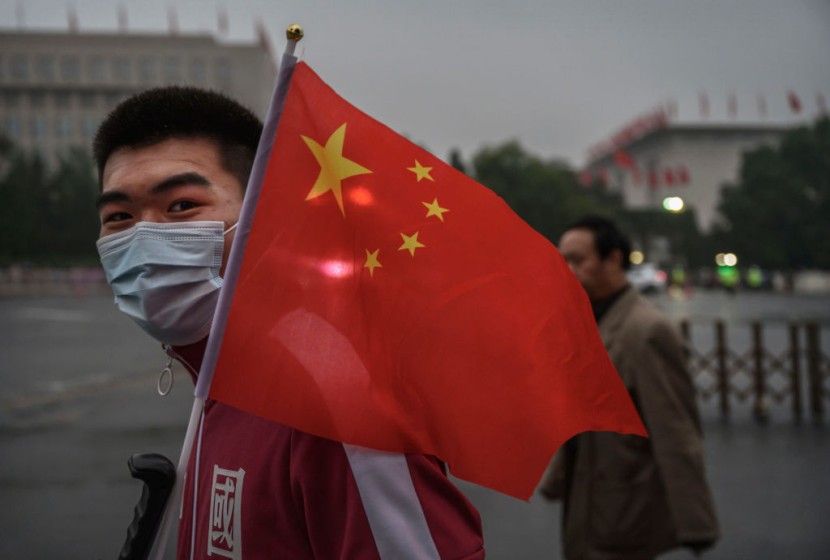
China's top Spy agency unveiled moves to combat interference by "hostile powers" of corporations and other agencies, in the latest indication of firms being entangled in the competition between Beijing and Washington.
China's New Measure To Prevent Infiltration
According to the official Xinhua News Agency, which cited a senior official with the Ministry of State Security, the new regulations enable Chinese security authorities to compile a list of companies and institutions deemed vulnerable to foreign intrusion and compel them to take security steps.
In a recently published article on Bloomberg, the news agency Xinhua reported that "Overseas espionage and intelligence agencies and hostile forces have intensified infiltration into China, and broadened their tactics of stealing secrets in various ways and in more fields, which poses a serious threat to China's national security and interests."
The rules were released amid growing tensions between China and the West, as Washington attempts to fight Beijing's growing economic and security clout, according to a published report in The Straits Times,
The influential Ministry of State Security has played a key role in this battle, most notably by high-profile detentions of foreign nationals such as Canadians Michael Kovrig and Michael Spavor, who are facing verdicts in espionage courts.
Former Pres. Donald Trump Reportedly Moving Operations From Florida to New Jersey
Since at least 2019, state-owned companies have increased counterintelligence oversight on workers going abroad, according to a separate study Monday by the Global Times, quoting an unnamed team member in charge of international affairs at the headquarters of a central SOE in Beijing.
Business Trips to Foreign Countries Known as Five Eyes
In a recently published report in Biz News Post, staff traveling on business to foreign countries, such as the Five Eyes alliance countries of the United States, the United Kingdom, Australia, Canada, and New Zealand, have been instructed to strictly declare their travel destinations, agendas, and interactions with foreign personnel, and they must obtain permission from their immediate bosses before the applications are checked by the headquarters.
According to the state enterprise employees, the enterprise has also reinforced pre-departure anti-spying education by seminars and short films that depict instances of international intelligence work.
Before traveling overseas, employees "involved in sensitive fields or those carrying valuable files" are forced to leave their electronic devices or gadgets such as cell phones, tablets, and USB drives at home.
One of the staff said, "For visits to countries that have been categorized as high-risk in terms of spying activities, we will evaluate if the trips are necessary and would advise against going if they are not essential."
What Industries or Companies are on the List?
According to the Global Times, the legislation did not determine which sectors or businesses would be on the registry, but it stated that the list would be drawn up depending on the extent of secrecy that the sector entails, the degree of international participation and if there had been recent events that threatened national security.
The law also grants national security organs access to premises, internal materials, electronic kits, services, or computers and information systems of the organizations involved to carry out anti-espionage missions and eradicate the secret dangers of international espionage, according to the paper.








